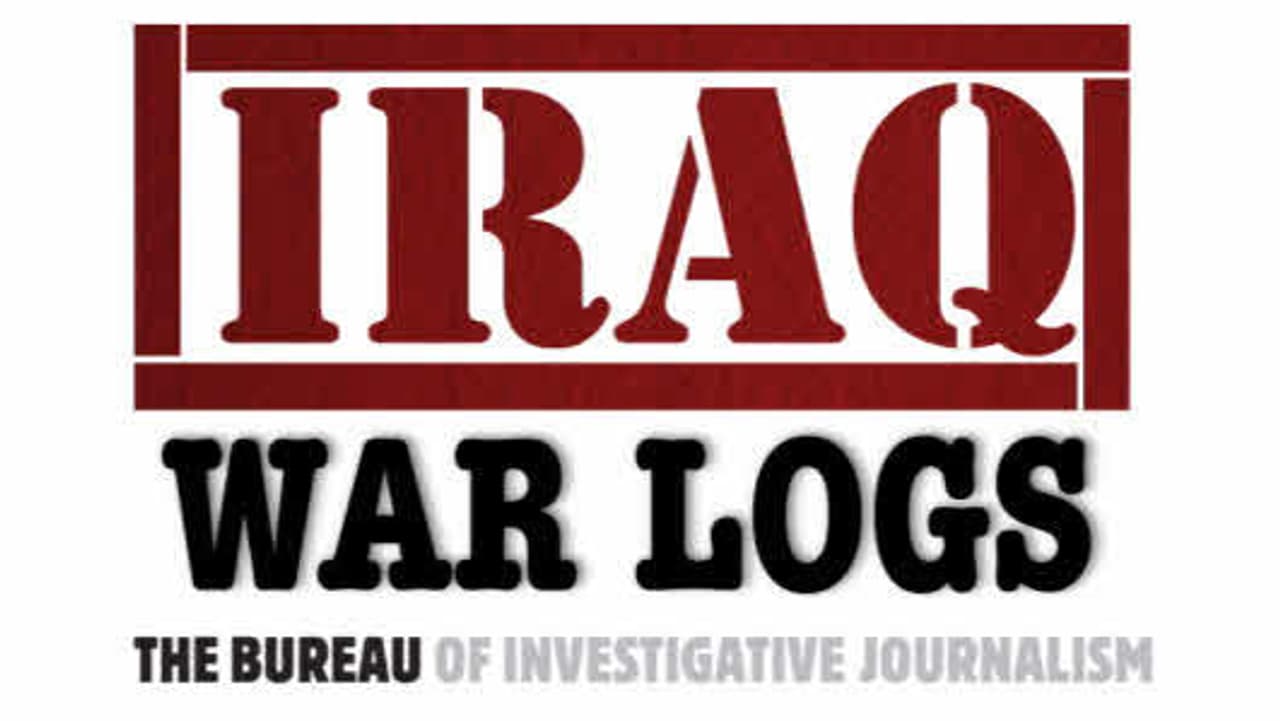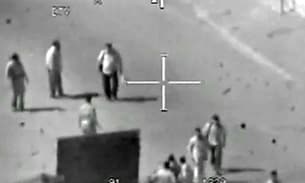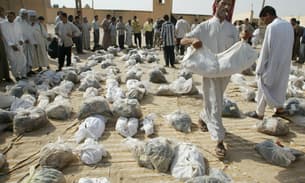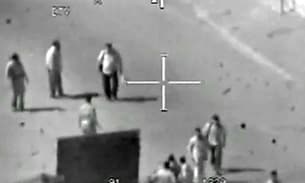
Iraq war logs: The real and uncensored story of the war
Twelve weeks ago the Bureau of Investigative Journalism was given access to the biggest leak of military documents in history.
These documents formed a database of nearly 400,000 military logs recorded over six years of the Iraq war and covering the years 2004 to 2009.
There are over 37 million words, used to recount military significant actions that took place across the entire country. This material provides an unrivalled portrait of one of the most controversial wars of the modern age.
For the first time the files reveal just how much the American military detailed the escalating violence in Iraq, and how this contrasts markedly to what the politicians said in public. This is the story behind the pronouncements – the uncensored detail Washington did not want us to know.
Key findings
The data reveals how hundreds of civilians were killed by coalition forces in unreported events.
There are scores of claims of prison abuse by coalition forces even after the Abu Ghraib scandal. The files also paint a disturbing portrait of widespread torture in Iraqi detention facilities.
As the war progresses the documents record a descent into chaos and horror as the occupation sparked civil war. In case after case, the logs record thousands of bodies, many brutally tortured, dumped on the streets of Iraq.
Through these reports we see, in military snapshots, the full impact the war had on Iraqis – men, women and children. The sheer scale of the deaths, detentions and violence is laid bare for the first time.
Related article: Husaybah: the devastation of an Iraqi border town
Related article: Graphic: Hellfire strikes on Iraq
About the logs
The files were each recorded by soldiers operating on the ground and detail significant events. Together, they make up a database known as “SIGACTS”.
At the time each report was classified as “Secret” but the information contained is no longer militarily sensitive. In order to protect people mentioned in the reports the Bureau has removed all names and detailed grid references from the documents published on this site.
The files, leaked to the whistleblowers’ website Wikileaks, were made available to a select group of media outlets, including the Bureau, the Guardian, the New York Times, the German weekly Der Spiegel and French newspaper Le Monde.
Iraq Body Count, the agency that has been collating evidence of Iraq’s casualty numbers for many years, was also given access to the data.
Others involved include Sweden’s SVT and public interest lawyers.
The Bureau has made documentaries based on our findings for Dispatches and Al Jazeera English and Arabic.
Official response
We offered the United States Department of Defense the right to reply to our findings. They issued a statement which can be read here.





